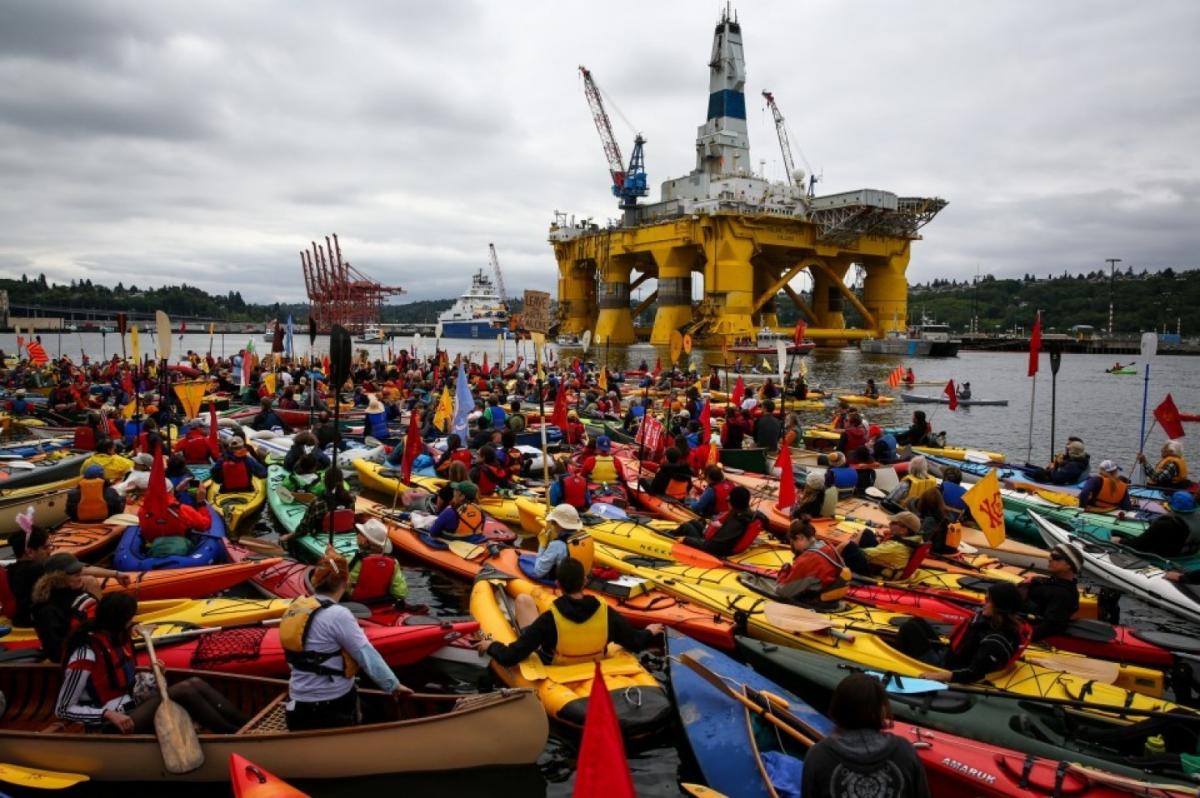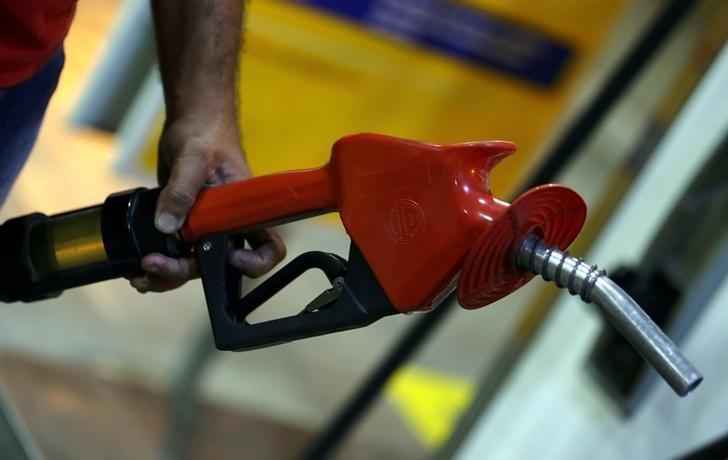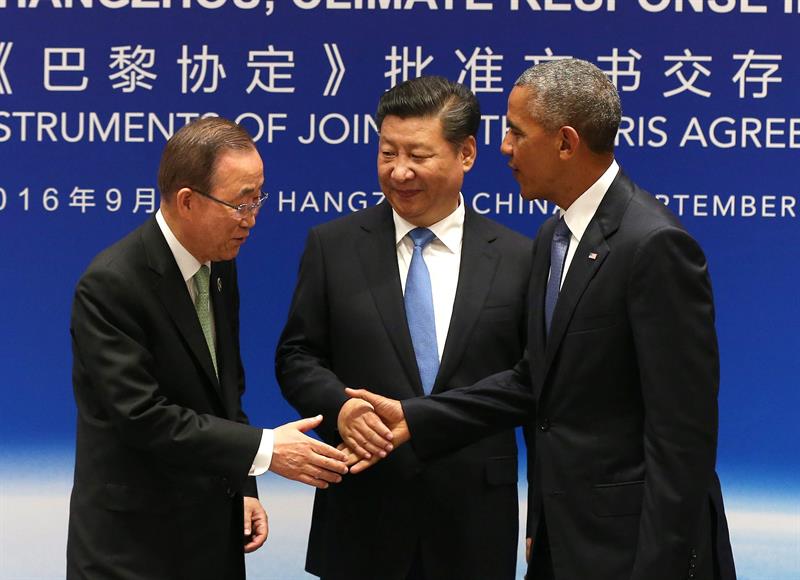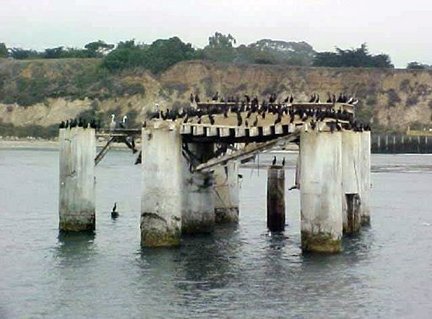
The economic impact of climate change could play havoc with the world economy, according to an LSE study. Photograph: Carlo Allegri/Reuters
CLICK HERE - STUDY - ‘Climate value at risk’ of global financial assets
Losses could soar to $24tn and wreck the global economy in worst case scenario, first economic modelling estimate suggests
theguardian.com - by Damian Carrington - April 4, 2016
Climate change could cut the value of the world’s financial assets by $2.5tn (£1.7tn), according to the first estimate from economic modelling.
In the worst case scenarios, often used by regulators to check the financial health of companies and economies, the losses could soar to $24tn, or 17% of the world’s assets, and wreck the global economy.
The research also showed the financial sense in taking action to keep climate change under the 2C danger limit agreed by the world’s nations. In this scenario, the value of financial assets would fall by $315bn less, even when the costs of cutting emissions are included.










 An older nearshore wellhead is shown off the coast of California in this undated photo. In state waters, California has resealed scores of its abandoned wells since the 1980s, but in federal waters, the official policy is out-of-sight, out-of-mind. Neither industry nor government checks for leaks at the more than 27,000 oil and gas wells abandoned in the Gulf of Mexico since the late 1940s. Abandoned wells are known sometimes to fail both on land and offshore. It happens so often that a technical term has been coined for the repair job: "re-abandonment." Photo: California State Lands Commission / The Associated Press
An older nearshore wellhead is shown off the coast of California in this undated photo. In state waters, California has resealed scores of its abandoned wells since the 1980s, but in federal waters, the official policy is out-of-sight, out-of-mind. Neither industry nor government checks for leaks at the more than 27,000 oil and gas wells abandoned in the Gulf of Mexico since the late 1940s. Abandoned wells are known sometimes to fail both on land and offshore. It happens so often that a technical term has been coined for the repair job: "re-abandonment." Photo: California State Lands Commission / The Associated Press
Recent Comments